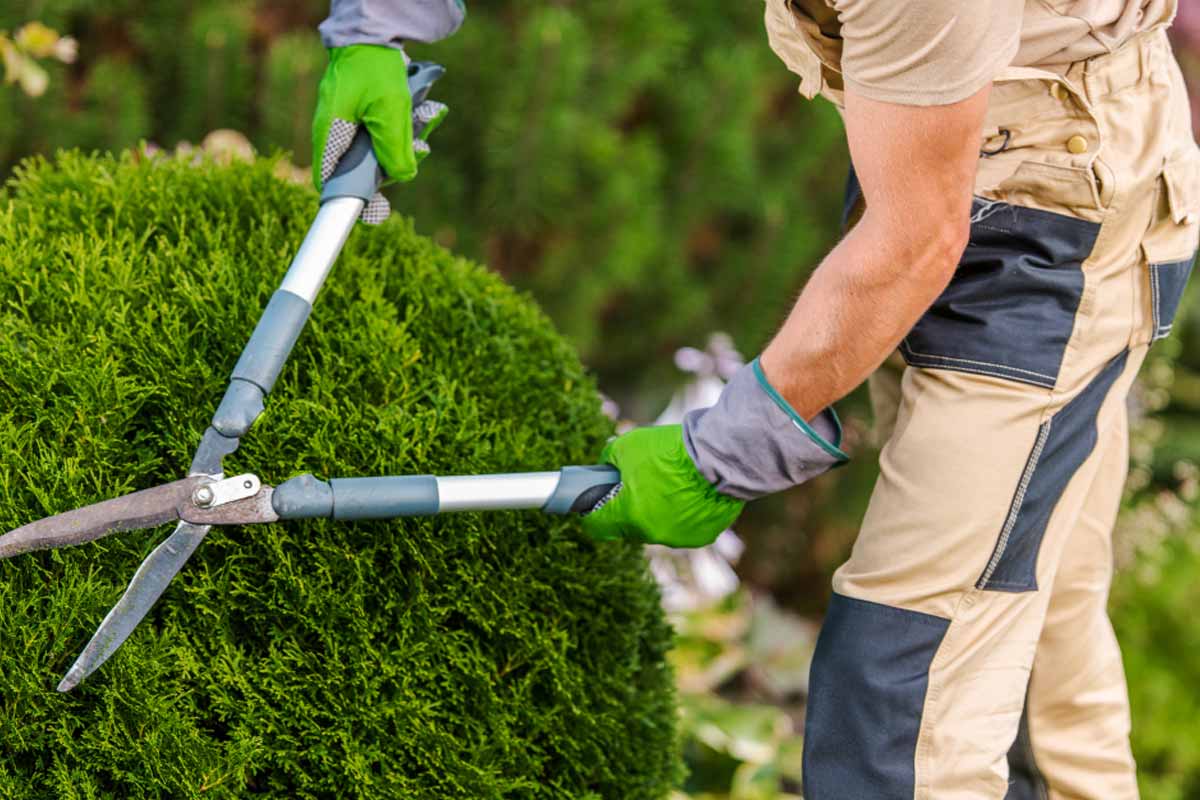The city weighs whether to ban common landscaping equipment and what it could unlock.
Some sounds feel bigger than they are. Leaf blowers, for instance, can swallow a block. Philadelphia is eyeing a different volume and cleaner air. That conversation carries a practical heart. It asks what we lose and what we gain. At its center sits a proposal to ban common landscaping equipment inside city limits. Neighbors, crews, and kids would live with the results. Change often starts with the familiar tools in our hands.
Quieter blocks, cleaner lungs
The bill arrived with a straightforward name: Noise and Excessive Vibration. It came from Councilmember Curtis Jones Jr., and it’s collecting nods across neighborhoods. Councilmember Jamie Gauthier, who leads the environment committee, pushed the stakes into plain view. Heat is rising, and city life feels the squeeze. The proposal targets gas-powered leaf blowers first, for good reason. Their drone carries through walls and over fences. The fumes hang heavy at stroller height. The plan would ban common landscaping equipment that runs on gas within the city. People can finally imagine a Saturday morning without the roar. You hear birds. And you hear footsteps. You hear yourself think.
The numbers behind the noise
Pollution tells a blunt story. A recent analysis pinned more than 50,000 tons of air pollutants to gas lawn gear in one year. Think about the exhaust of hundreds of thousands of cars. Now park that chaise beside your porch. Asthma doesn’t care how tidy the curb looks. It shows up where air gets mean. Noise carries its own weight.
Many electric blowers hum near 60 decibels, the sound of an office chat. Gas models push toward 75 or 80, which rattles windows. Those extra notes stack stress. They shorten tempers and fray nerves. A move to ban common landscaping equipment that burns fuel argues for quieter streets and kinder air. It trades an old soundtrack for one you barely notice.
Batteries, budgets, and the day-to-day
Let’s talk about the yard crews. They keep blocks tidy through heat, cold, and tight schedules. Switching tools isn’t a shrug. Batteries cost money. Crews need extras for long routes. Chargers need outlets and a little planning. The upside grows over time. Electric motors skip oil changes and skipped spark plugs. They start with a click, not a pull and a prayer. Fuel bills shrink, and maintenance becomes predictable. Some companies have already made the jump and share what they learned.
Keep two packs per blower, and rotate during coffee breaks. Store gear in the shade, and charging stays quick. Clients notice the calm. They notice the clean air smell. Crews notice they can talk without shouting. A thoughtful ban on common landscaping equipment phase-in could include rebates, training, and pickup events. That’s how policy feels like partnership, not punishment.
Culture change in the toolkit
People love their rituals, especially yard rituals. Saturday chores, a baseball game on the radio, and a tidy sidewalk. The tools inside that ritual are changing. Early adopters at City Hall demos already showed the difference. You could hear a conversation over the blower. That never happened on gas days. Some residents worry about power and wet leaves. It’s fair to ask those questions. Newer models handle thicker piles and damp edges with patience.
Two passes beat one thunderous blast. The block wins either way. Schools and parks sit along these routes. Cleaner gear helps little lungs, and that matters. Other towns tried this path. Washington, D.C., moved first, and Arlington followed. Philadelphia can learn from their playbook and avoid sand traps. A citywide ban on common landscaping equipment doesn’t end creativity. It invites it. Tool libraries. Bulk purchases. Neighborhood charging sheds with solar roofs. People build good habits when the setup feels easy.
Tomorrow’s yard, today’s choices
The future won’t arrive with a ribbon. It arrives in smaller sounds and cleaner mornings. Imagine waking to a soft hum and a coffee that doesn’t taste like exhaust. Then, imagine crews finishing faster because machines don’t stall. Imagine a toddler napping through yard day. These are ordinary joys, and they count. Change always asks for something in return. In this case, the ask is patience during the switch. The giveback is steadier air, calmer blocks, and cheaper upkeep. Landscapers deserve a clear timeline and simple rules. Residents deserve enforcement that’s fair and friendly.
Everyone deserves streets where conversation carries. A careful plan can spread costs, offer guidance, and keep work flowing. You don’t fix a city with one headline. You fix it with choices that stack. A proposal to ban common landscaping equipment is one of those stackable choices. It tells a different story about care. Care for air. Or care for quiet. Care for the people who keep the hedges straight and the walkways safe. If progress has a sound, maybe it’s just a low, steady hum—and a deep, easy breath.
